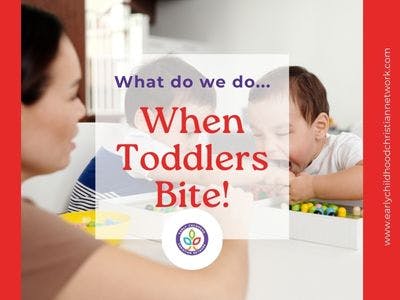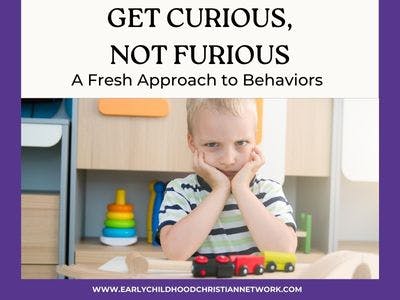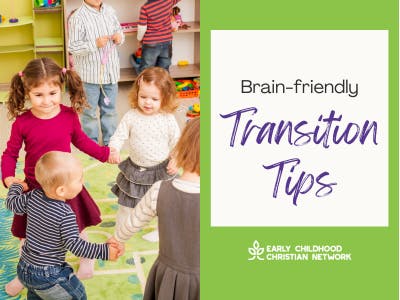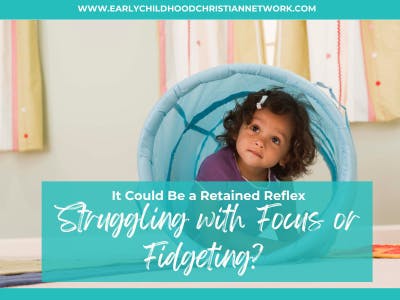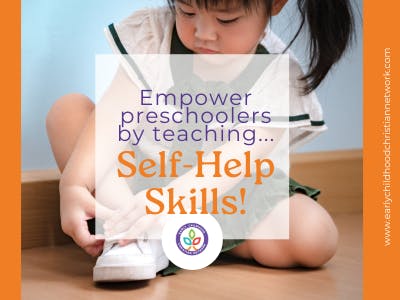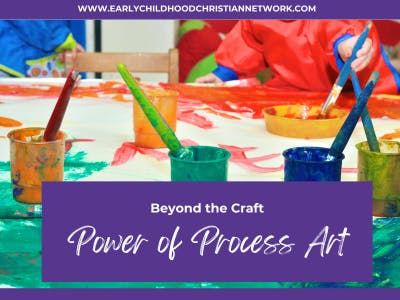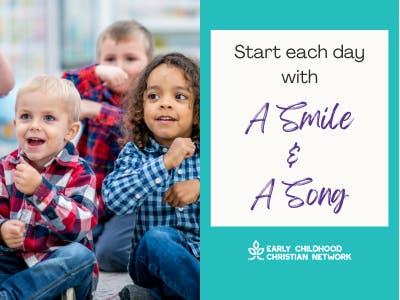Building Writers from the Start: Fun Ways to Teach Writing in Preschool
Hey Reader! Have you ever paused to think about how young children actually learn to write? We know there is a whole pre-writing development process where children develop gross and fine motor skills that will help them to sit up straight, use both hands (one to hold the paper and one to hold the pencil), develop eye-hand coordination and visual perception…I’m not covering that today! (Although you can find tons of info on that in Stacy Benge’s book The Whole Child Alphabet) Today, I’m…


